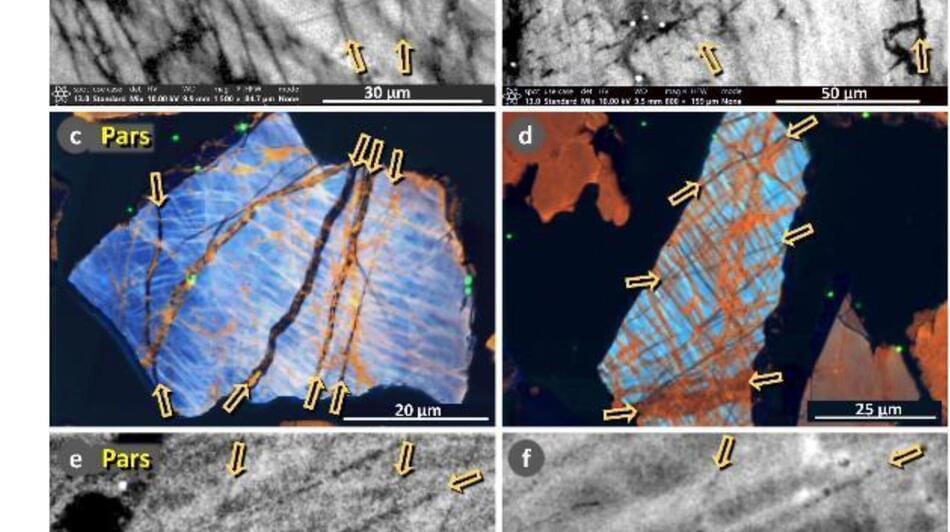Researchers continue to expand the case for the Younger Dryas Impact hypothesis. The idea proposes that a fragmented comet smashed into the Earth’s atmosphere 12,800 years ago, causing a widespread climatic shift that, among other things, led to the abrupt reversal of the Earth’s warming trend and into an anomalous near-glacial period called the Younger Dryas.
Now, UC Santa Barbara emeritus professor James Kennett and colleagues report the presence of proxies associated with the cosmic airburst distributed over several separate sites in the eastern United States (New Jersey, Maryland and South Carolina), materials indicative of the force and temperature involved in such an event, including platinum, microspherules, meltglass and shock-fractured quartz. The study appears in the journal Airbursts and Cratering.
“What we’ve found is that the pressures and temperatures were not characteristic of major crater-forming impacts but were consistent with so-called ‘touchdown’ airbursts that don’t form much in the way of craters,” Kennett said.










Leave a reply